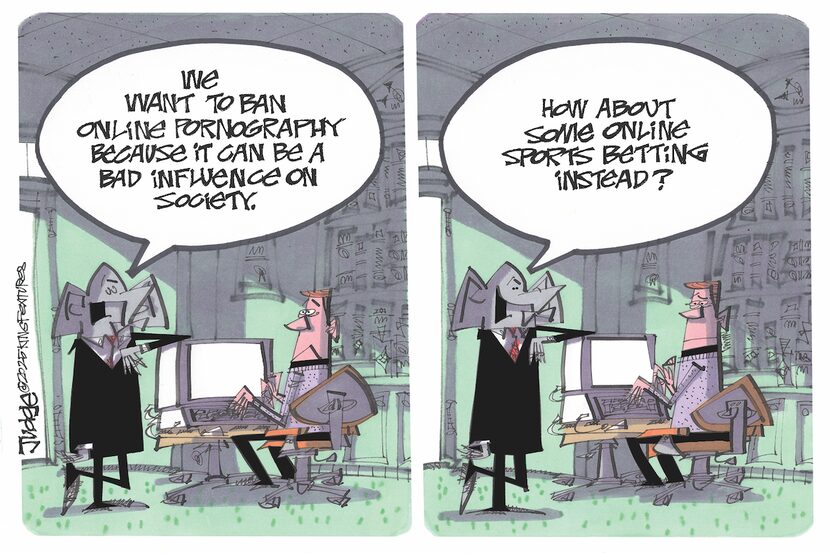Trump’s Low Approval Ratings Spark Controversy at UMass Amherst

The University of Massachusetts Amherst recently released a poll revealing that Donald Trump’s approval ratings have plummeted to just 38%. This marks a significant drop of six percentage points since April 2023, with a striking 58% of respondents expressing disapproval of his performance as president. The university might find itself facing scrutiny, as Trump’s reaction to these findings could be severe.
While the poll results from UMass Amherst could create a stir, it is important to note that they come against a backdrop of escalating tensions between the Trump administration and various universities. Notably, Harvard University has faced a freeze on $2.6 billion in federal grants and contracts, with the administration alleging a prevalence of anti-Semitism and other issues within the institution. This action is part of a broader trend where numerous prestigious universities—including Brown, Columbia, Cornell, Duke, Northwestern, Penn, Princeton, and UCLA—have been threatened with funding cuts for not aligning with the White House’s expectations.
Trump has his own version of polling data, claiming that his numbers are “through the roof.” During an interview with CNBC’s Joe Kernen, he insisted, “I have the best poll numbers I’ve ever had.” Kernen, however, pointed out that the figures Trump referred to were only favorable among Republican respondents, not the general public. Trump dismissed Kernen’s correction, labeling NBC as the “worst of them all” and suggesting that CNN’s chief data analyst, Harry Enten, was more credible.
Enten later clarified that Trump’s net approval rating was actually negative nine points, a stark contrast to his previous positive rating of six points before the election. In fact, among past presidents, Trump ranks as the second lowest at this stage of his presidency, a comparison that includes Richard Nixon. This data raises questions about the administration’s credibility and political standing.
Another pressing matter for Trump is the ongoing scrutiny surrounding the case of Jeffrey Epstein. There is growing pressure from within his party for transparency regarding Epstein’s dealings and connections. Even some of Trump’s staunch supporters, such as Marjorie Taylor Greene and podcaster Joe Rogan, are calling for the release of files linked to Epstein’s life. Greene warned that the administration’s lack of transparency could provoke significant backlash, especially from conservative voters.
Former Fox host Tucker Carlson, a long-time Trump ally, expressed concern, stating, “You do get in a vacuum when you’re at the top of whatever pyramid, and I don’t think they fully understand how this is being read on the outside.” This sentiment echoes the growing unease surrounding the administration’s handling of the Epstein case, which involves serious allegations of abuse affecting numerous victims, some as young as 14.
The pressure on the Trump administration to release relevant documents is mounting. The longer the administration delays, the greater the potential for discontent among constituents. The implications of this situation extend beyond the political realm, as it raises ethical considerations regarding accountability for individuals involved in Epstein’s notorious activities.
In conclusion, the University of Massachusetts Amherst’s polling results may have drawn Trump’s ire, but they are merely a part of a larger narrative involving significant political and ethical challenges facing the administration. As the situation continues to evolve, the university community hopes to weather any fallout from what may be perceived as dialing up the “wrong number” in the current political landscape.






